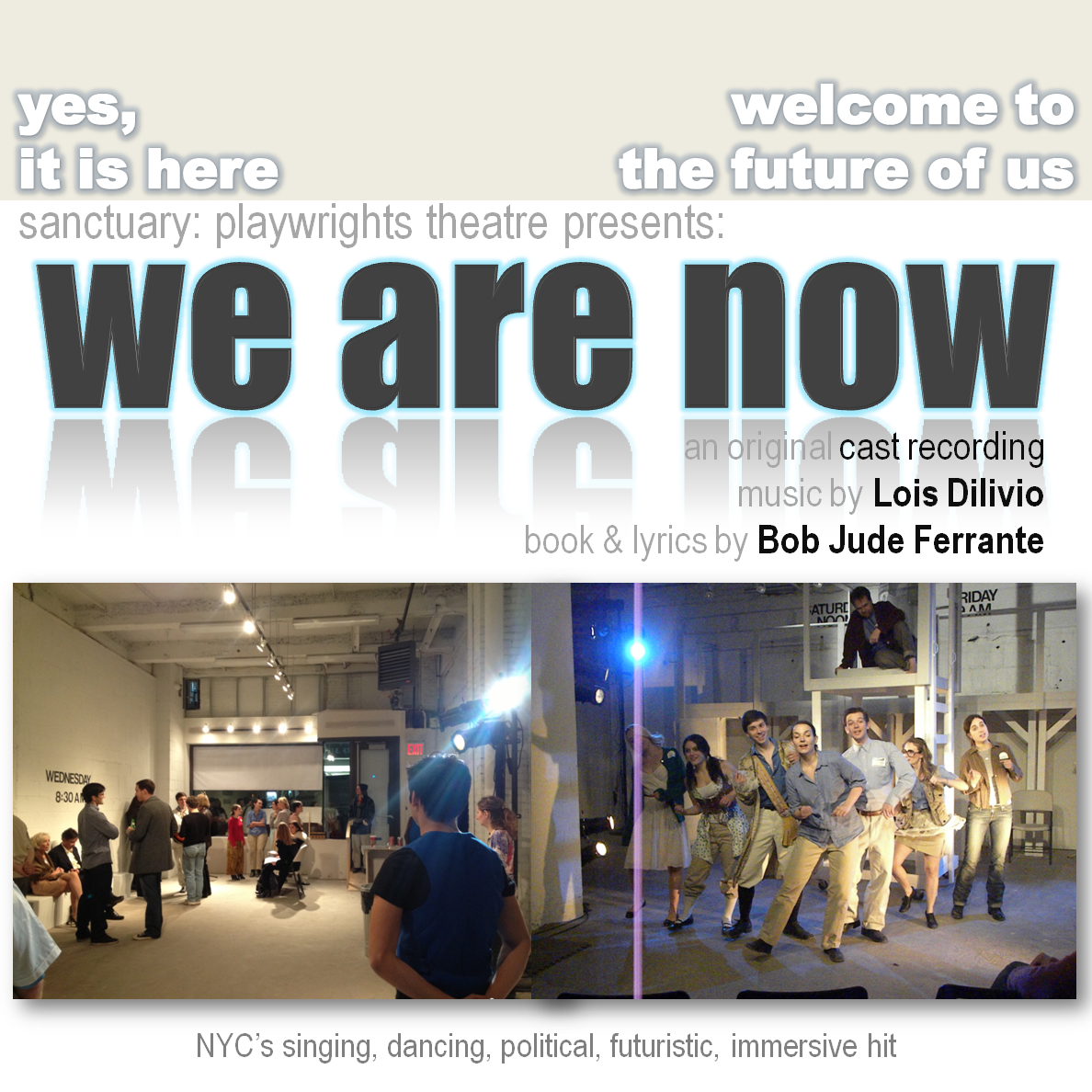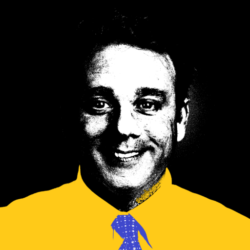Session notes – Female Driven Thriller – Thursday, Oct 16 2003
Kirsten and Larry joined Joe, Karin, Gary, Colleen, Kimberly, Chris, Gabriella & Bob. Now the entire group is together. We redid intros to greet the new people; this took up some time from the session, but was needed to get the new people and the group from last time on the same footing.
Bob summarized the introductory meeting. Besides getting to know each other, the group had defined what a thriller is for their purposes: A mystery where someone or something utterly dear to the crime-solving hero is put under direct threat; to solving the and the hero must solve the crime to save that thing they hold most precious or lose it forever. Thrillers nearly always have deadlines (ticking clocks) at their heart. A mystery is a story where one or more false stories cover a true story, which must be discovered as part of the narrative.
He also explained that he thought we could use games to develop the show, but not to get too disturbed about the word “games;” games are the basis of all human existence, games are based on our ability to represent one thing by another and to create . He then introduced Card Game as first game we have available to us;
We did first Card Game and Larry drew card #10, video cameras watching us. Larry also read the card to the group.
Video cameras watch you shop, drive, enter or leave an office building, train or bus station, or airport. Describe one location where a camera can be present, then enact a problem caused by it.
Following game rules as stated on the card, we suggested possible situations; came up with cameras in corporate offices and then more specifically in toilets in corporate offices.
Bob suggested an improv on the bathroom idea. Gary volunteered, began the improv, pretended that his chair was a ‘toilet’ and, parked there, read a magazine. Gabriella joined the improv and became a voice on a speaker in the bathroom, telling Gary it was forbidden to read a magazine on company time. Gary then started playing with his game watch; Gabriella told Gary that, too was illegal. Gary then covered his face. Gabriella stated that, too, was verboten; and that the company had now detected he was angry and required counseling. Chris joined and became a security guard who banged on the bathroom door, barged in, and told Gary he to clean out his desk, he was fired.
We launched into a lengthy conversation about the improv. Bob mentioned that the cameras were not only being used by corporations; for example, a traffic program on cable TV typically showed video from a menu of literally a hundred traffic sites around New York City; these cameras were on 24/7.
Chris told a true story of a drug dealer who approached him in Kinko’s; he was offered marijuana, asked to see it, smelled it, it was oregano, told the dealer, dealer denied, then admitted, Chris commented that if a corporate camera at Kinko’s had seen him, that a video of him smelling the contents of the bag of suspected contraband shown in a court of law would have had him convicted and imprisoned for buying drugs with no basis in truth.
A lively conversation ensued, where we concluded:
- People implicitly trust pictures (seeing is believing) and routinely use them as proof of something.
- Kirsten described a recent fight she’s seen at the playoffs on TV, and how the motions of one player during the fight were actually to pacify an angry player, but which taken out of context (the player apparently pushed the other player’s head toward the ground) appear to be cruel and violent. Colleen dissented; she was at the game and in person it really did look as if it was in fact a violent act.
- It was commented that a picture shows only part of what is true and often shows something with no context.
- The news and entertainment have merged. Bob suggested that Hearst had started that process; but it was pointed out that it’s dated back to at least the 19th Century; papers in the 1860s sensationalized news. Chris suggested that Edward R. Murrow and other Great Generation reporters had reformed the news beginning in the 40’s, but that it was starting to revert back to its big bad days.
- Karin mentioned photos of her that people had seen and mistakenly turned into racy little stories; taken out of context some of the pictures appeared to be sexually suggestive or violent but those interpretations were always the result of misinterpretation (because Karin was there and knew the context was different than the more dramatic one people assumed).
- Cameras really are everywhere. Bob said the cameras are cheap and are made in such quantity and it is human nature to use them once they are available, they are too useful not to be. As a result, the world is now one step closer to Orwell’s vision in 1984.
- Joe left; Gary moved into Joe’s seat, someone commented that Gary could finally get off the ‘toilet.’
- Chris mentioned he sings; We should use all the talents of each cast member, and design the characters to use these specifically.

